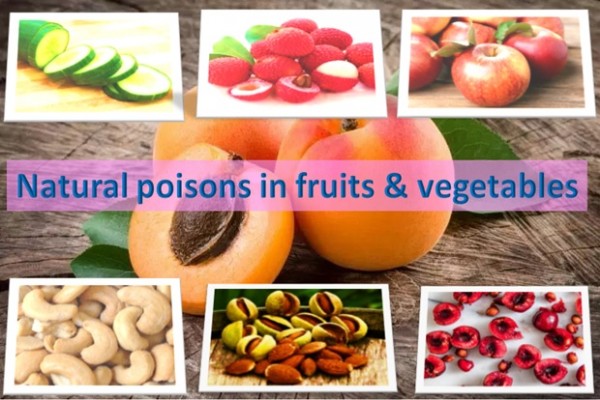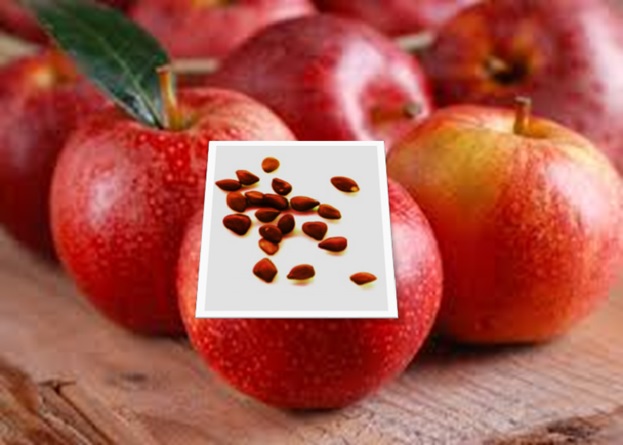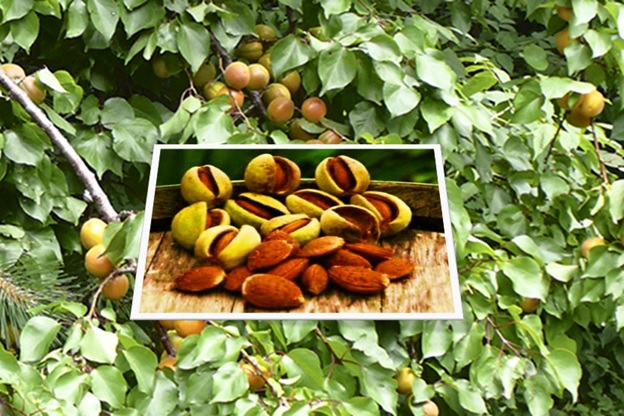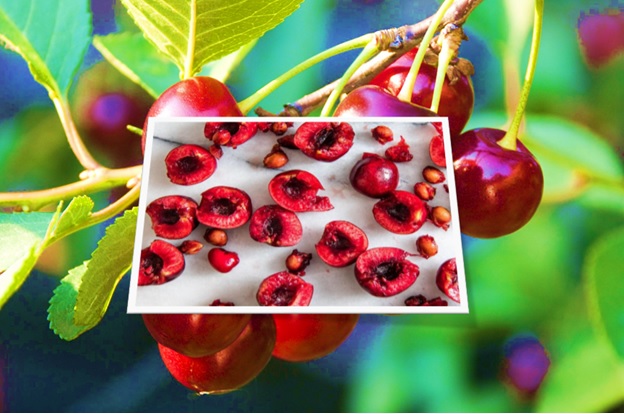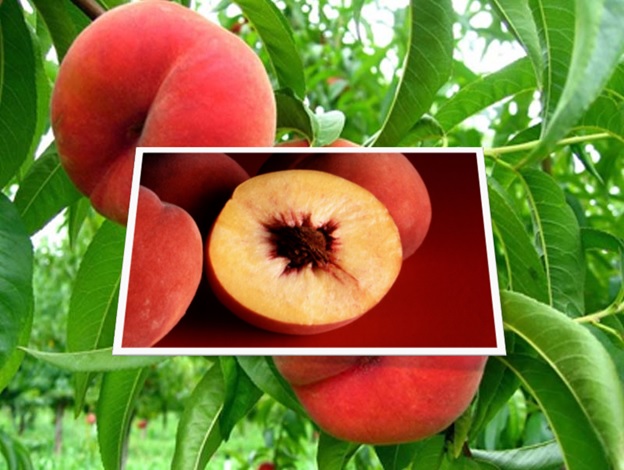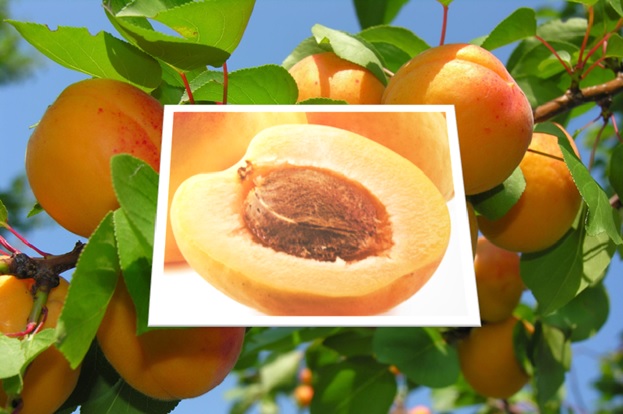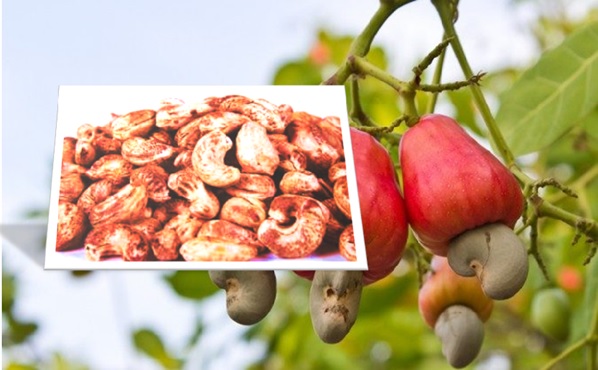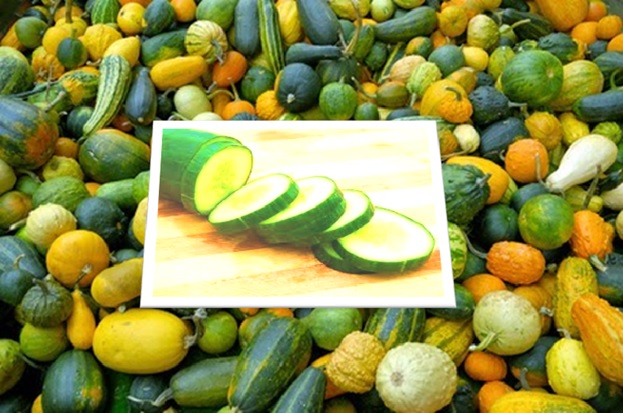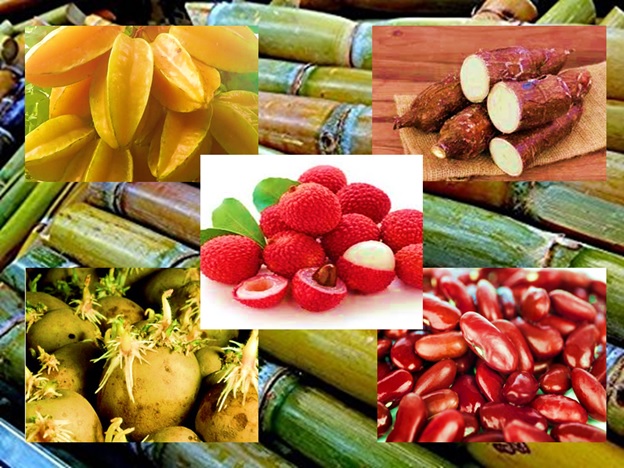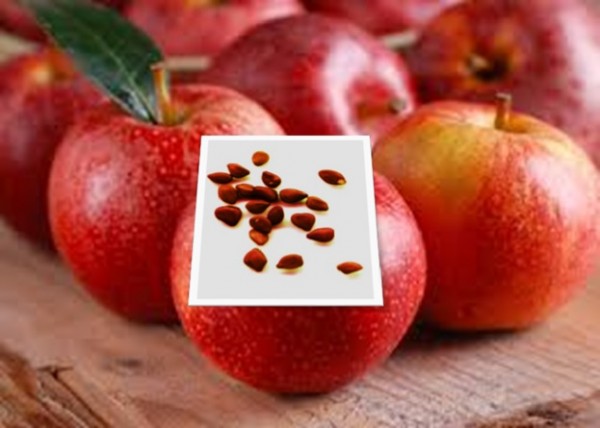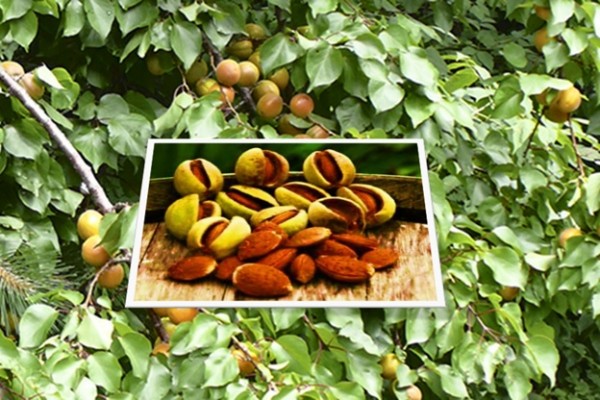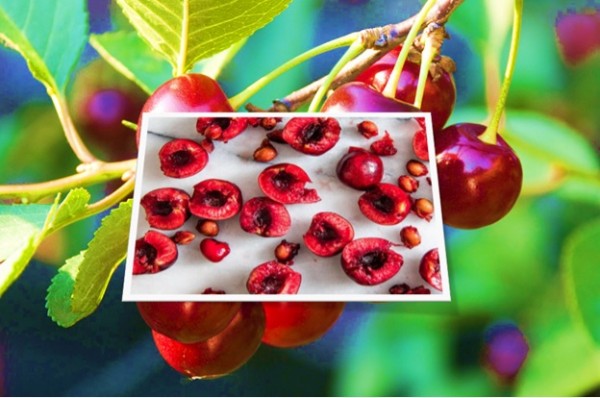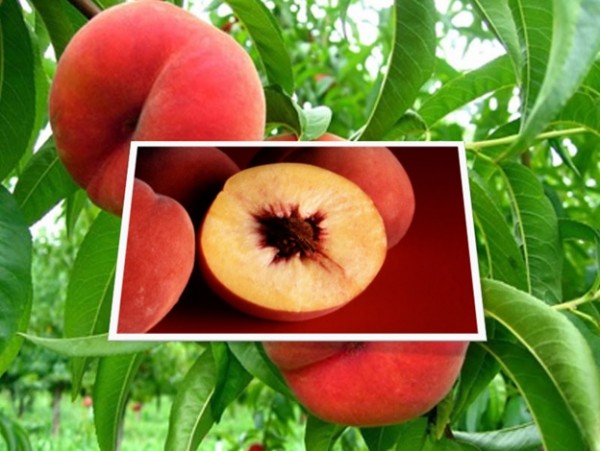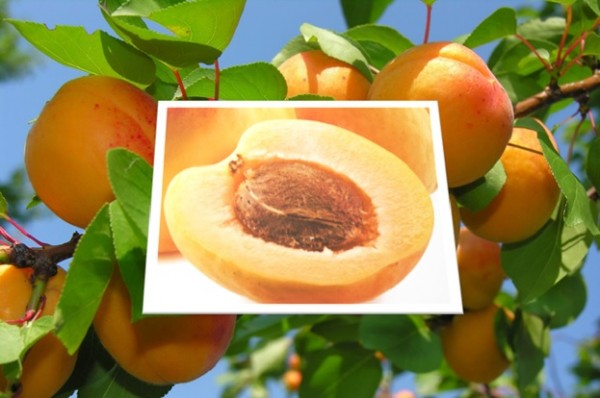
Need a new battery recipe? Take one leaf, bake it, and add sodium!
Scientists Just Figured Out How To Power Batteries With Leaves
By Brianna Acuesta @www.trueactivist.com
Scientists at the University of Maryland were successfully able to use leaves to replace an important component in batteries.
It’s basically common knowledge that when we dispose of batteries, we’re not supposed to just throw them in our trash casually. Whether or not we all dispose of them properly is another issue. But why are batteries so bad for the environment?
In a nutshell, batteries, especially rechargeable ones, aren’t great for the environment when you throw them out because the heavy metals—cadmium, cobalt, and lead—will degrade and release the toxicity into the air, through the topsoil, into the groundwater, and eventually reach us again—except this time we’ll be consuming it.
This is why a team of visiting professors at the University of Maryland decided to look for more sustainable materials to build batteries and hopefully replace the heavy metals. They first tried many other natural materials, including wood fibers, before making an attempt at a leaf. Their goal was to find materials that could absorb and store the sodium and make up the anode of a battery.
There are many benefits to using leaves. As Hongbian Li, one of the lead authors of the paper that published these results, stated,
“Leaves are so abundant. All we had to do was pick one up off the ground here on campus,” said Hongbian Li, a visiting professor at the University of Maryland’s department of materials science and engineering and one of the main authors of the paper. Li is a member of the faculty at the National Center for Nanoscience and Technology in Beijing, China.
They also have a carbon structure that can be burnt off to make the sodium more absorb-able, they’re covered in pores where the sodium electrolytes enter, and they already have the perfect structure to fit the need of a battery. Additionally, Fei Shen, another lead author on the paper, notes that,
“The natural shape of a leaf already matches a battery’s needs: a low surface area, which decreases defects; a lot of small structures packed closely together, which maximizes space; and internal structures of the right size and shape to be used with sodium electrolyte.”
How do they actually get the leaf to absorb and hold the sodium? The process is easier than you think. They bake the leaf for an hour at 1000° Celsius to burn off the carbon structure and add sodium. Though the researchers know that there are other natural ways to make a battery that have been tested with success, such as banana peels and melon skin, leaves take less preparation and are more naturally accessible.
The team’s next step is to find the perfect leaf by testing different thicknesses, structures, and flexibility for the battery.
Read More: http://www.trueactivist.com/scientists-just-figured-out-how-to-power-batteries-with-leaves/
Author: HealthyLife | Posted on: July 9, 2021
« Why Set Limits For Mycotoxins in Food New pain killer from mud fungus »


